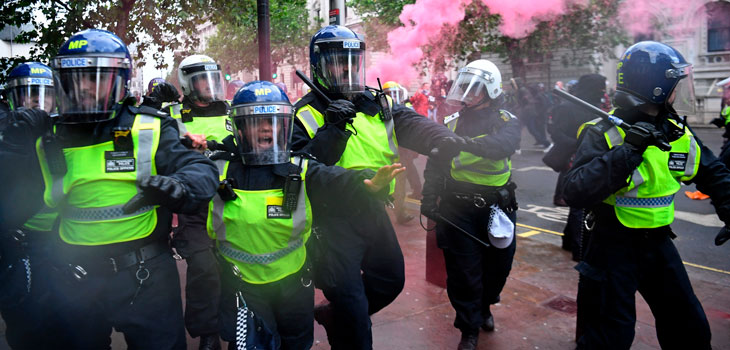
On 31 July 2020, the Scientific Advisory Group for Emergencies (SAGE) released a paper on public disorder and public health. This included the following prediction:
‘In the next few weeks and months the UK will face grave challenges to public order. The situation is volatile and highly complex. While widespread urban disorder is not inevitable, currently, the situation in the UK is precariously balanced and the smallest error in policing (whether perceived or real, inside or outside the UK) or policy could unleash a dynamic which will make the management of COVID-19 all but impossible… This potential disorder could be comparable or bigger in scale to the rioting of August 2011.’
Against this background, it is timely to consider the legislative regime which applies to property damage in the event of rioting. Claims for compensation arising out of the August 2011 riots were subject to the Riot (Damages) Act 1886. This Act was widely criticised as outdated, not









